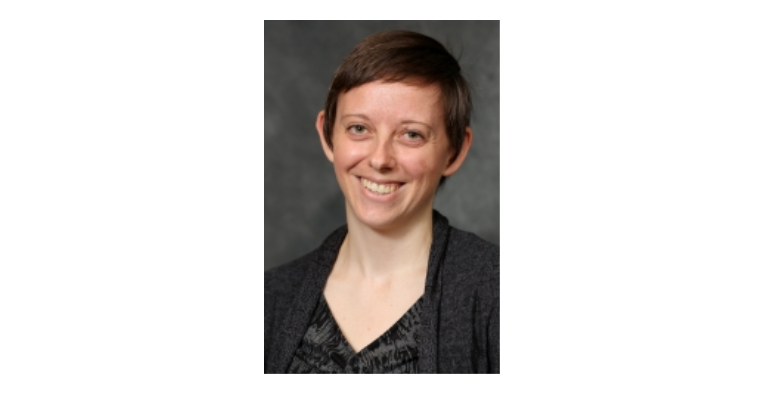International Women’s Day on March 8 recognizes the accomplishments of women in various fields all over the world. The International Women’s Day website describes the day as an opportunity to “[celebrate] the social, economic, cultural and political achievements of women.” While all of these are important pursuits that should be celebrated, there is a strange and frustratingly common omission of the word ‘scientific’ from the list. At McGill, female scientists like Laura Pavelka, a faculty lecturer in the Department of Chemistry, are proving that International Women’s Day should not overlook the scientific endeavours and successes of women in science.
Pavelka discussed CHEM 110 and other chemistry courses she teaches, her career in academia, and how her perspective has shifted as she has transitioned from student to professor in an interview with The McGill Tribune. As a teaching professor, Pavelka focusses on communicating her courses’ materials in an exciting and informative way.
“Definitely at McGill, we have really talented undergrads who will get bored if you are not challenging them enough, no matter how interesting you make it,” Pavelka said. “It is a line that I am constantly playing with.”
The difficulty of a course, particularly CHEM 110, can be a foundational moment for students’ appreciation of the subject. For Pavelka, the largest classes of her undergraduate experience were the most intimidating, and she hopes to change that for her students. She remembers when professors took time to answer questions during office hours or after class and values this kind of attention for her students. She cites her passion for chemistry as a major component to her continued success as a teaching professor.
“I was not a 10-year-old who had a chemistry set,” Pavelka said. “When I got my first chance to work at a lab in my undergrad, that’s when I first fell in love with chemistry.”
From there, it was easy for Pavelka to take the leap to graduate school. During her PhD at Western University, Pavelka met Kim Baines, her biggest professional influence and supervisor.
“She did everything,” Pavelka said. “She was one of these people who just seemed to be able to do research, family, teaching. She juggled everything seemingly effortlessly. I know that I learned so much from her during my PhD, and she just happened to be female. For me, it was like, okay, this is possible, […] you can do it all.”
The underrepresentation of women in science, technology, engineering, and mathematics-related fields (STEM) is well documented starting at the undergraduate level. Statistics Canada published a study last year that found that, out of the undergraduate cohort of 130,000 students entering their first year in 2010, 44 per cent of first-year undergraduate students in STEM programs identify as female. Importantly, the study found that 17 per cent of women left a STEM field of study after their first year. Compared to men, women were more likely to leave earlier on, although if they did stay, they persisted in the field longer.
During Pavelka’s PhD, only two out of the 35 faculty were women. Since then, the numbers have gotten a bit better: At McGill, Pavelka is one of 12 women in a faculty of 35. Despite her increasing accomplishments in the academic world, she did not imagine herself becoming a professor until she got a job offer at McGill, admitting that her younger self would still be surprised to see her teaching several hundred students at once.
Taking these experiences to heart, Pavelka has advice for any young undergraduate reaching their first major hurdle.
“Regardless of gender, your path is not going to be a straight line,” Pavelka said. “Stick with what you are doing at the time. Take opportunities as they come. Maintain some level of challenge and see where it leads you.”








